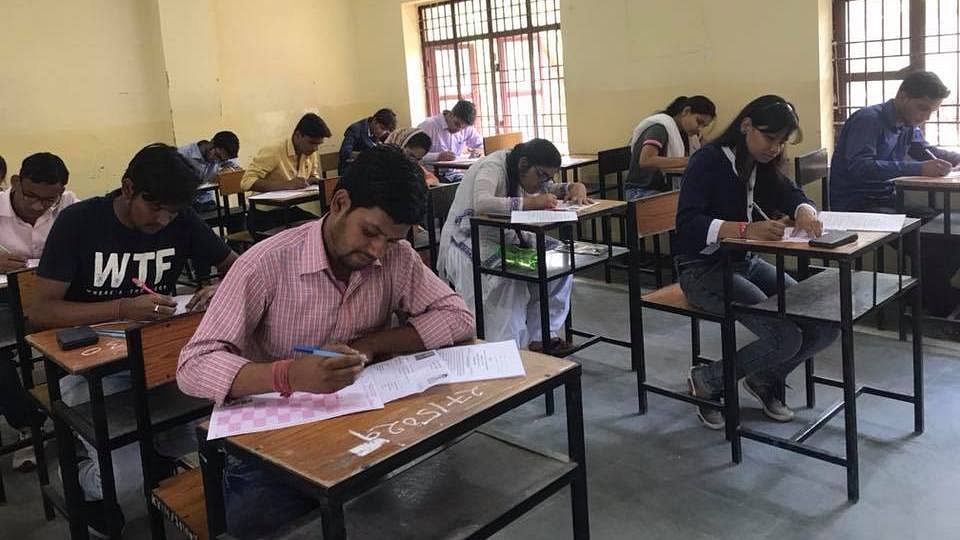New Delhi: The evaluation of undergraduate students in general courses across colleges and universities is soon set to change from a fixed pen and paper exam-based method to a continuous evaluation system.
As a result, students will have make paper presentations, take part in group discussions and write unit tests at the end of each chapter apart from the year-end exam.
The University Grants Commission (UGC) has prepared the new evaluation scheme, which it will soon circulate to all institutions. Under this scheme, universities will also have the freedom to do away with the year-end examination if they want.
According to the proposed evaluation method, 70 per cent weightage will be given to formative assessment that will include activities such as quizzes, projects, group discussions, paper presentations, essays, posters and other similar work.
Summative assessment, which was so far 100 per cent of the evaluation, will now be limited to 30 per cent. It will include unit tests, semester-end and year-end examinations.
Most colleges as of now have only year-end and semester exams; they do not continuously assess students. With the new evaluation method, UGC wants to ensure the institutions move towards a continuous assessment method.
“The idea of moving towards a continuous evaluation method is a move away from rote learning and to make learning interesting for students,” UGC Vice-Chairman Bhushan Patwardhan told ThePrint. “The new evaluation scheme has been formulated by a committee of experts appointed by the commission and will soon be made official by the HRD minister.”
Also read: Modi govt rankings better than London-based QS & Times lists, IIT-Delhi study finds
The committee behind proposal
The committee that suggested the evaluation reforms was headed by professor M.M. Salunkhe, president, Association of Indian Universities (AIU).
Its continuous evaluation idea, which UGC is attempting to replicate in the higher education system, was also tried in the school education level in the form of the Continuous and Comprehensive Evaluation (CCEA).
Under CCEA, students up to Class 10 did not have to write exams but were evaluated throughout the year. The idea, however, failed at the school level and examinations had to be brought back, doing away with the no-detention policy.
Some private universities such as the Azim Premji University and Ashoka University already follow the continuous evaluation process. Students are evaluated throughout the year on the basis of classwork, projects, paper presentations among other things. Their evaluation is not limited to only a term-end examination.
Also read: BA & B.Tech courses not as popular now as 5 years ago, reveals higher education survey
‘Will be tough to replicate in colleges’
Rajesh Jha, a Delhi University teacher felt that something like this would be difficult to replicate in a government institution.
“One has to see the size of our classrooms; there are 60 students in one class,” Jha told ThePrint. “How are we going to be able to do internal assessment with things like group discussions and poster making with them?
“What are we going to teach the students anyway by poster-making? If the government wants a curriculum that makes students more creative and develops their critical ability, they should assess this scheme properly before implementation,” he added.
While students in private universities that already have a continuous evaluation method seemed happy with the arrangement, those in government institutions seemed apprehensive.
“We keep interacting with students and they tell us that they don’t want internal assessment. They want 100 per cent weightage for exams,” Jha said.
Also read: UGC says publishing paper in de-recognised journals will affect promotion & appointment
